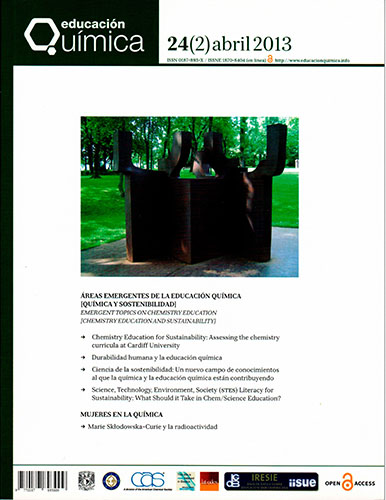Los métodos experimentales que permiten el estudio de las macromoléculas de la vida: historia, fundamentos y perspectivas
Contenido principal del artículo
Resumen
Experimental methods that allow the study of the macromolecules of life: history, fundamentals and perspectives
Nucleic acids and proteins comprise a network of biomacromolecules that store and transmit information sustaining the life of the cell. The study of these mechanisms is a field called molecular biology. The development of this science has always been paired with technical advances that allow breaking through methodological barriers in order to test novel hypothesis. Among available methods for molecular biologists, five stand: electrophoresis, sequencing, cloning, blotting and polymerase chain reaction. Their impact reaches genetics, medicine and biotechnology. Here, the historic relevance, technical grounds and current trends of these five essential methods are reviewed. The review intends to be useful both for students and professional scientists who seek to acquire advanced knowledge on the value of these methods to probe the molecular mechanisms sustaining life.
Detalles del artículo
Citas en Dimensions Service

Educación Química por Universidad Nacional Autónoma de México se distribuye bajo una Licencia Creative Commons Atribución-NoComercial-SinDerivar 4.0 Internacional.
Basada en una obra en http://www.revistas.unam.mx/index.php/req.




